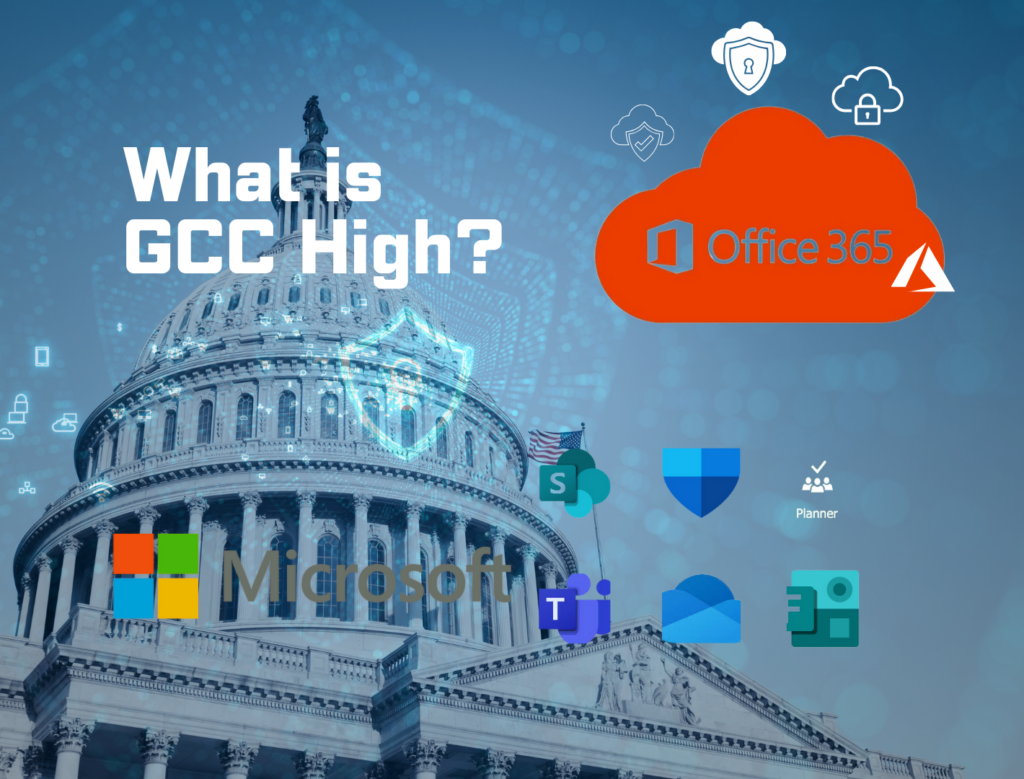The Anatomy of a Data Breach: Understanding How Cyber Attacks Happen
In today’s digital landscape, understanding the inner workings of a data breach is crucial for individuals and businesses alike. The data breach anatomy provides valuable insights into how cybercriminals gain unauthorized access to sensitive information, and knowing these details can help in creating effective defense strategies. In this article, we will delve into the components of a data breach, exploring various attack methods and the steps needed to protect your valuable data.
What is a Data Breach?
A data breach is when someone not allowed gets to see private information. This could be personal data like your name, address, and social security number. It could also be financial data like your credit card number, bank account details, and passwords.
How Does a Data Breach Happen?
There are many ways a data breach can happen. Some common ways are:
- Phishing Scams: These are fake emails or texts that look real. They usually have a link that takes you to a fake website. This website steals your information.
- Malware Attacks: Malware is harmful software that can get on computers and phones. It can steal information, watch what you do, and damage files and programs.
- Insider Threats: This happens when people who work for a company with private information share it on purpose or by accident. This can happen because they are not careful or because they want to cause problems.
- Unsecured Networks: Public Wi-Fi is not very safe. Hackers can look at the data sent over these networks and take private information.
- Weak Passwords: Simple passwords are easy for hackers to guess. Once they know your password, they can take your private information.
What Happens After a Data Breach?
Bad things can happen after a data breach. Some common problems are:
- Money Loss: Data breaches can cost a lot of money. This is because of stolen money, damaged systems, and the cost of fixing the problem.
- Bad Reputation: Data breaches make people not trust a company. This can make it hard for the company to find new customers.
- Legal Trouble: Companies that do not protect private information can get in trouble with the law.
- Regulatory Fines: Companies that do not follow rules about data protection can be fined.
To avoid these problems, companies should have good security practices. This includes training employees and using technology to keep an eye on sensitive data and systems.
At Cleared Systems, we help companies keep their data safe from threats. Our experts can look at your security and find any risks. We can also help you make your security better. Don’t wait until it’s too late to protect your company. Contact Cleared Systems today to learn about our services. Together, we can make your company safe in today’s digital world.
Share in Social Media
See More Case Studies

Securing Defense Contracts: A DFARS 252.204-7012 Compliance Case Study
Discover how Cleared Systems helped a Federal Contractor successfully achieve DFARS 252.204-7012 compliance by strengthening its cybersecurity posture, giving it a competitive edge when bidding for DoD Contracts.

What is GCC High? For ITAR & CMMC 2.0
Microsoft 365 Government Community Cloud (GCC) High is a specialized cloud solution tailored for U.S. federal, state, local, tribal, and territorial government organizations, as well as for contractors who hold or process data subject to specific security regulations. In this article, we will explore the features, benefits, and differences between Microsoft 365 GCC High and other Office 365 offerings.

Is AutoCAD ITAR Compliant? A Comprehensive Guide for Defense Manufacturers
Defense contractors and manufacturers working with sensitive military technologies face a critical question when selecting computer-aided design software: Is AutoCAD ITAR compliant? This question becomes

How to Get Help in Windows: Guide to Security and Compliance Support
In today’s digital landscape, ensuring your computer systems are secure and compliant with industry regulations is essential for both businesses and individuals. Windows, as one

Microsoft Copilot for GCC High: Enhancing Security and Compliance
In today’s fast-evolving digital landscape, organizations that handle sensitive data, particularly those in government sectors or defense contractors, face growing pressure to maintain strict security
Partner with Us for Compliance & Protection
We’re happy to answer any questions you may have and help you determine which of our services best fit your needs.
Your benefits:
- Client-oriented
- Security
- Compliance
- Peace of mind
- Efficiency
- Trust
What happens next?
Schedule an initial meeting
Arrange a discovery and assessment call
Tailor a proposal and solution
